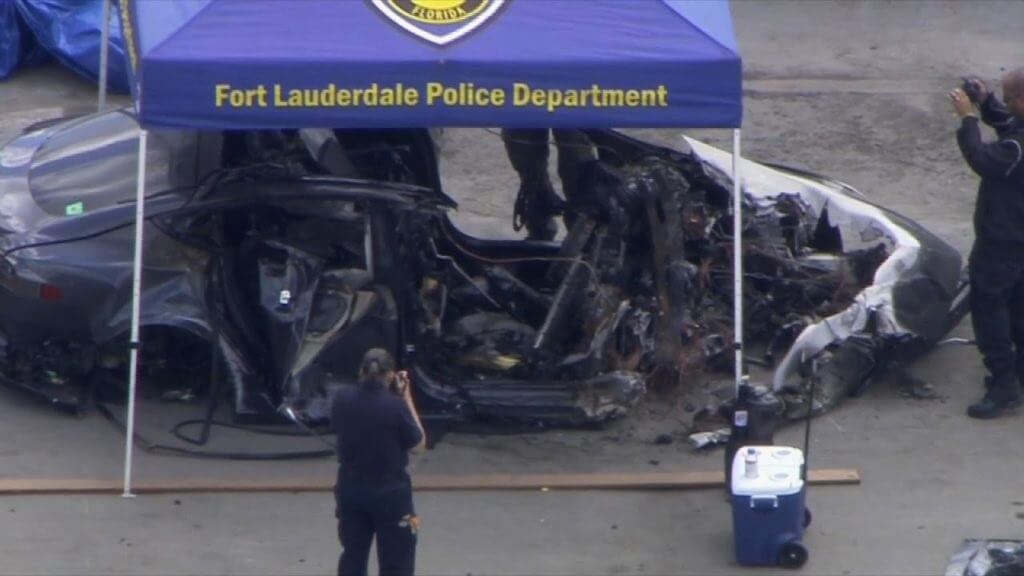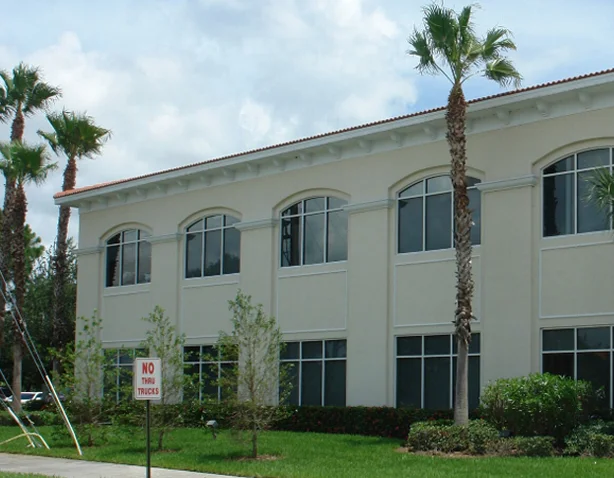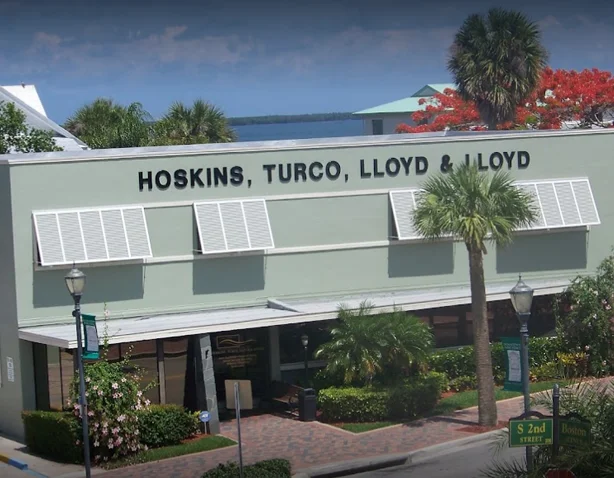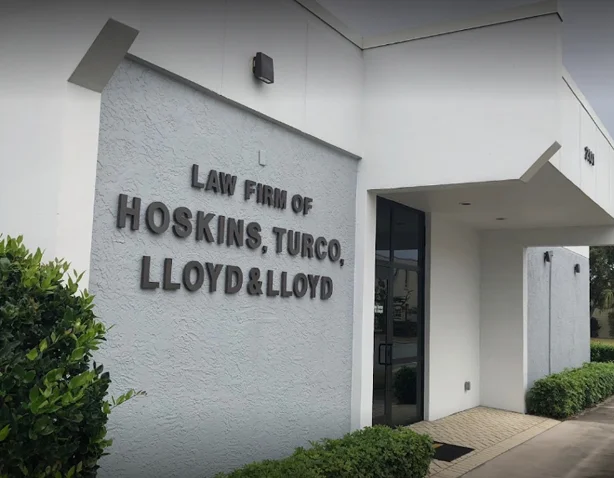New Year’s Eve is just around the corner. For many people on the Treasure Coast, the holiday is a time
Safe Driving Posted on May 22, 2018
 In a perfect world, no one would ever die or be injured in an electric vehicle accident. But in the real world, accidents are inevitable. Tesla has experienced some bumps and bruises lately, as a few of its “smart cars” have been involved in head-on collisions. Just last week, two teenagers driving a 2014 Model S in Ft. Lauderdale were killed when the car slammed into a concrete barrier and burst into flames within seconds of impact.
In a perfect world, no one would ever die or be injured in an electric vehicle accident. But in the real world, accidents are inevitable. Tesla has experienced some bumps and bruises lately, as a few of its “smart cars” have been involved in head-on collisions. Just last week, two teenagers driving a 2014 Model S in Ft. Lauderdale were killed when the car slammed into a concrete barrier and burst into flames within seconds of impact.
While speed seems to have been a factor in the accident, the vehicle fire prompted more concerns about battery fires in electric vehicles and whether first responders are adequately trained on how to deal with them.
The batteries that fuel a typical gasoline-powered car differ from those in an electric vehicle. The former are lead-acid-based, with lower energy densities — meaning they carry less energy in the same amount of space — than the compact, rechargeable lithium-ion batteries that power electric vehicles, including the Tesla Model S. Lithium-ion batteries, can be extremely hazardous when they’re damaged.
Lithium-ion battery fires happen due to thermal runaway, or the spontaneous explosion of the battery thanks to a buildup of heat in the cells inside. In its recent blog post, Tesla noted that the battery packs in the company’s electrical vehicles were designed with firewalls, so that a fire would spread slowly enough to give the driver time to exit the car.
Thus, while electric vehicles are not more fire-prone, the risks and the strategies to use in case of an accident and a subsequent fire are different from that of fires in conventional cars. In a fiery Tesla crash in Austria, the car kept reigniting, forcing firefighters to battle the flames for hours. The car had to be put into quarantine for 48 hours to remove the chances of re-ignition.
More recently, firefighters in California had to put out the smoldering flames coming from a Tesla Model X battery involved in a fatal crash, six days after the crash. The problem was a lithium-ion battery that continued to flow with electricity after it was damaged in a high-speed crash. Tesla engineers were called to dismantle the battery, but even six days later, the temperature inside those cells increased to the point of ignition, and the car reignited.
What’s more, lithium-ion fires can release high levels of “toxic gases” such as carbon monoxide, soot, hydrogen fluoride, and particulates of oxides of nickel; aluminum; lithium; copper; and cobalt, according to a Tesla Model X emergency response guide. As a result, firefighters need to wear a self-contained breathing apparatus and should use hoses that spray fog and special ventilation fans that push air out at a high velocity to protect bystanders downwind of the fire, according to the guide.
Firefighters need more training, but the reality is that fires in electric vehicles don’t happen that often. However, if many more electric vehicles take to the roads in the future, these fires could become more common, and firefighters will need to know how to safely extinguish them.
If you or a loved one has suffered injuries in a crash that involved an electric vehicle, it is very important to seek legal representation so you know your rights under the full extent of Florida laws. Attorney Steve Hoskins has a complete Auto Accident and Personal Injury team of lawyers, investigators, and paralegals ready to defend your rights. You can schedule a free appointment now to discuss your case and there are no fees or costs unless we win a settlement for you. Call 866-460-1990 for a free consultation in Port St. Lucie, Vero Beach, Fort Pierce, or Okeechobee.
New Year’s Eve is just around the corner. For many people on the Treasure Coast, the holiday is a time
South Florida is currently experiencing one of the highest rates of inflation in the country. According to the U.S. Bureau
How the technology raises risk of carbon monoxide poisoning Are all the electronics in your car a good thing? When

Phone: (772) 344-7770
Fax: (772) 344-3838

Phone: (772) 464-4600
Fax: (772) 465-4747

Phone: (772) 577-7551
Fax: (772) 794-7773

Phone: (863) 357-5800
Fax: (863) 763-2237
As the law firm Florida has trusted for over 40 years to fight on their behalf, we are more than ready to represent you. Put our experience and reputation to work. If you need help with any legal matter, whether it’s a personal injury, workers’ compensation, disability or bankruptcy case, contact us now. The consultation is absolutely free.
Get the answers you need. We’ll review your case today, for free.
"*" indicates required fields